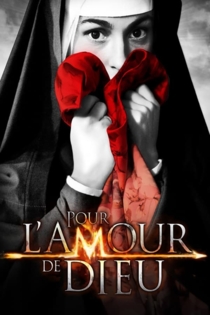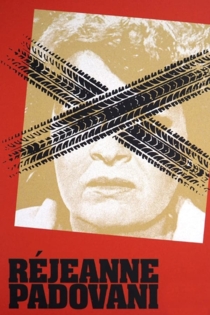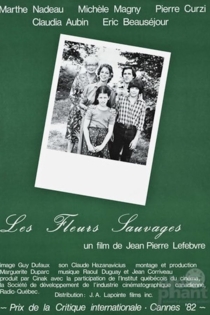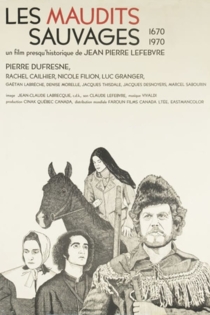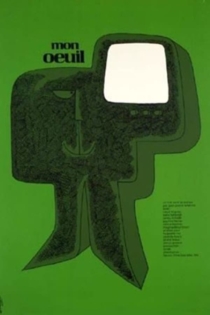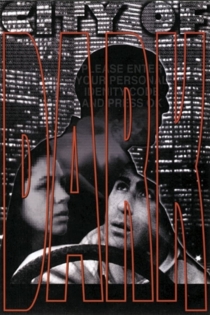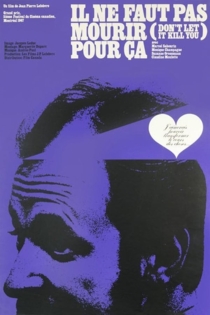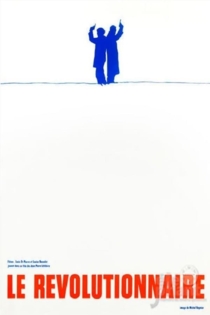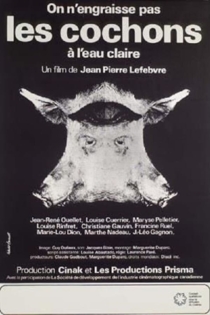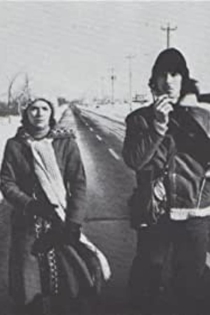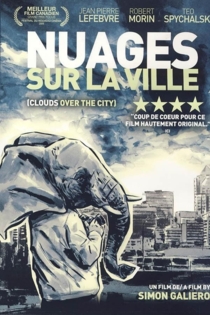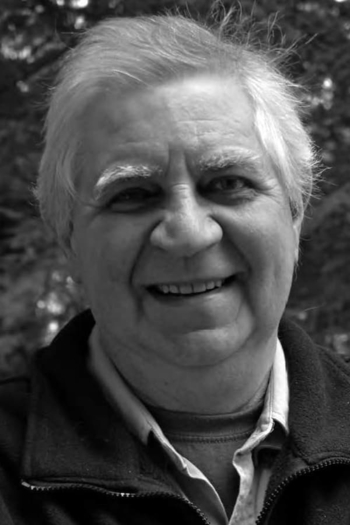
Jean Pierre Lefebvre
2021Jean Pierre Lefebvre studied literature at the University of Montréal and taught for two years at the Jesuit-run Loyola College in Montreal (now part of Concordia University). He began writing as a film critic, first for Quartier Latin, then for Séquences and Objectif. He directed his first film, a short drama, then three independent features. He joined the National Film Board of Canada and made two films, including the 1968 feature My Friend Pierrette (Mon amie Pierrette), co-starring Raôul Duguay and produced by Clément Perron. Lefebvre was then asked to head the NFB's French-language fiction studio. He began its Premières Oeuvres series, designed to make low-budget shorts and features. Four features and a number of shorts were produced within a year before the initiative was terminated, and Lefebvre left to form his own production company, Cinak, with his wife and editor, Marguerite Duparc. He writes and produces all his own films.
Lefebvre was one of the first Canadian filmmakers to receive international acclaim for his work; his film Don't Let It Kill You (Il ne faut pas mourir pour ça) (1967) was the first Canadian film to be invited to the Cannes Film Festival. He proved to be successful again at Cannes when he received the International Critics' Prize for Les fleurs sauvages (1982) and his film Le jour S... (1984) was screened in the Un Certain Regard section. His 1973 film The Last Betrothal (Les dernières fiançailles) won the prestigious Prix de l'Organisation catholique internationale du cinéma in 1974.
Il ne faut pas mourir pour ça (1967), Le Vieux pays où Rimbaud est mort (1977), and Aujourd'hui ou jamais (1997) make up his Abel Trilogy; three feature films starring the recurring character of Abel Gagné played by Marcel Sabourin.
In 1991, he was made an Officer of the Order of Canada "for his innovative and high-quality feature films". In 1995 he was awarded the Prix Albert-Tessier. In 2013, Lefebvre received a Governor General's Performing Arts Award.
Source: Article "Jean Pierre Lefebvre" from Wikipedia in English, licensed under CC-BY-SA 3.0.
Les dernières fiançailles
Jean Pierre Lefebvre
Marthe Nadeau, J. Léo Gagnon
After another cardiac arrest, Armand knows he don't have long to live. But after more then 70 years in the same house, he doesn't want to die somewhere other then home. His wife Rose has secretly decided she will die as she lived: with him.
The Last Betrothal
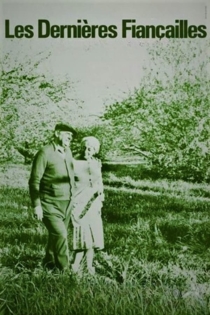
Le vieux pays où Rimbaud est mort
Jean Pierre Lefebvre
Marcel Sabourin, Anouk Ferjac
A middle-aged man travels to France and is discouraged by the attitudes of the people concerning his native land until he meets and begins relationships with two lonely women.
The Old Country Where Rimbaud Died
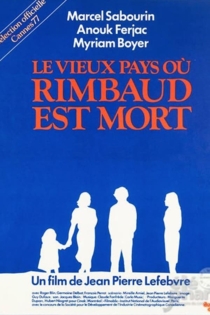
La chambre blanche
Jean Pierre Lefebvre
Marcel Sabourin, Michèle Magny
This plodding piece of cinematic ambiguity finds a married couple engaged in boring conversation in a window as scenery changes behind them. When they manage to talk about love, some of the tedium is lifted in the wake of their amorous verbiage. This black and white effort from Jean Pierre Lefebvre depends on symbolic impressionism rather than plot.
The House of Light
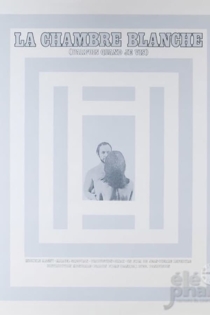
Pour l'amour de Dieu
Micheline Lanctôt
Madeleine Péloquin, Ariane Legault
Montréal, 1959. In the classroom of Sister Cecilia, Leonie (aged 11) first met Father Malachy, a young Dominican father who has come to visit his school. It is love at first sight for this lonely and dreamy child who took refuge in religion to escape a mother who is emotional and too worried. But there is also love at first sight between Sister Cecilia and Father Malachy. Between human love and the love of God, which will prevail? Written by
Pour l'amour de Dieu
